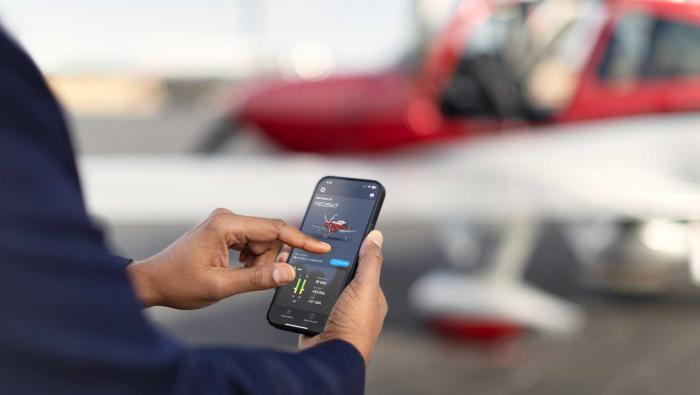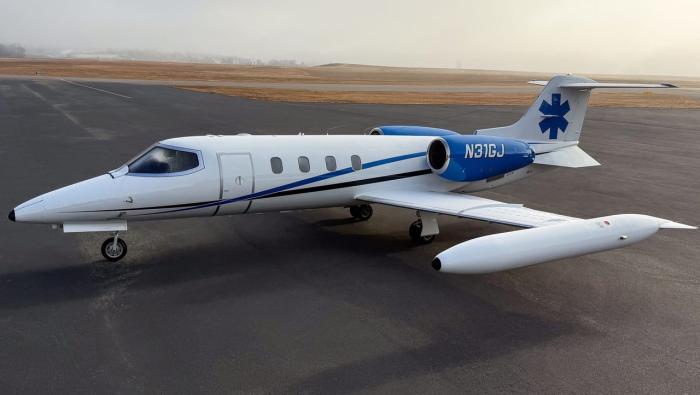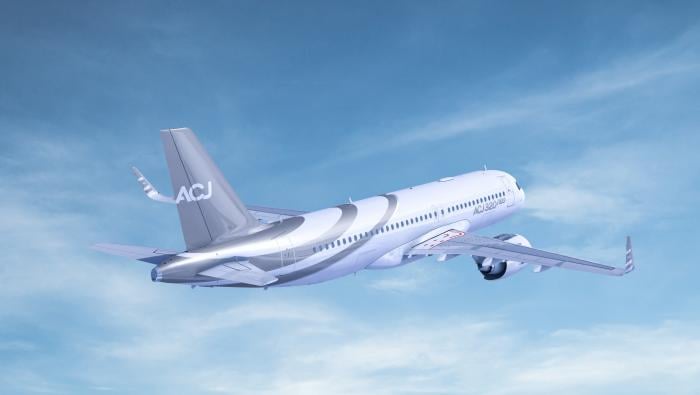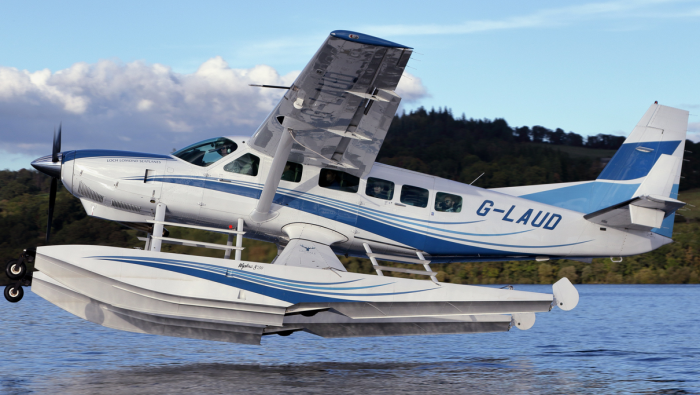Airbus has outlined plans to further increase the production of its successful A320 series aircraft to up to 67 per month from 60 at present. The airframer is tempering the output of the A330 to just 40 aircraft this year and will keep the production rate of its A350s to between nine and 10 units per months owing to “overall customer demand for widebody aircraft.” Airbus last year delivered 112 A350s—87 A350-900s and 25 A350-1000s—and handed over 53 A330s, including 41 of the re-engined A330-900.
Speaking during the company’s 2019 earnings call, CEO Guillaume Faury explained that a “lot” of the A330 deliveries last year involved aircraft that were produced in 2018 but delivered late due to issues with the Rolls-Royce Trent 7000 engine. The airframer’s lower widebody output, Faury said, reflects Airbus’s “understanding of the capacity of the market and of the backlog.” Airbus wants to have a "level of production reflecting demand moving forward,” he said, pointing out that “also, our main competitor is bringing rates down.” Boeing in October last year announced it would decrease the output of the 787 from 14 to 12 per month in 2020 and last month warned this could be cut further to 10 a month early in 2021 due to the “current environment” and “near-term market outlook.”
Conversely, with a backlog of 6,068 A320-family aircraft—representing eight years' production at current rates—Airbus sees the need to raise output beyond the 63 a month planned for the end of 2021. “We re-assessed the capacity of our supply chain last year, and we see a clear path to further increase the monthly production rate by one or two [a month] in 2022 and again by one or two in 2023,” Faury said. Plans to move to a 70 rate a month were refuted by the OEM’s suppliers in 2018, and the Airbus boss remained evasive on an analyst’s question whether the 70 target was back on the table. “I do not want to answer the question in a very specific way, but when you take 63 and add one or two per year by 2023, that is 65 or 67. That is not far from 70."
Meanwhile, Faury insisted Airbus made progress in addressing the problems associated with the industrialization and production acceleration of the Airbus Cabin Flex (ACF) version of the A321neo in Hamburg and the production shift from A320 to A321s. A321s now account for almost 50 percent of the A320-family backlog. “I do feel more comfortable on these challenges for 2020,” he said, though he admitted that delivery delays—of up six months on contractual commitments with customers—are not yet over. “We are the victim of the success of our product and the complexity of the ramp-up,” he asserted. Airbus last year delivered almost 100 more ACF versions of the A321 than it did in 2018.
Airbus targets approximately 880 commercial jet deliveries this year, up 2 percent on the 863 shipments in 2019—which was a company record and an 8 percent increase on 2018 deliveries.
The European airframer, which today announced it completed the acquisition of Bombardier’s remaining stake in the A220 program, for now still expects world economy and air traffic to grow in line with prevailing independent forecasts, which assume no major disruptions, including from the coronavirus. The virus situation is still “too recent to be able to really understand the magnitude and the consequences,” Faury said, stressing that demand for new aircraft in January remained strong “in all regions.” Some Chinese airlines had asked for “very short-term” postponements of new aircraft deliveries, which according to Faury were for “logistical” reasons.
Airbus reported a consolidated net loss of €1.4 billion ($1.52 billion), compared to a €3 billion profit in 2018 on the back of exceptional charges, including the recent €3.6 billion bribery and corruption settlement.
On a more positive note, the airframer today announced that the A330-800 received joint type certification from the European Union Aviation Safety Agency and the U.S. Federal Aviation Administration. Airbus won firm orders for just 14 examples of the smallest version of the A330neo.







